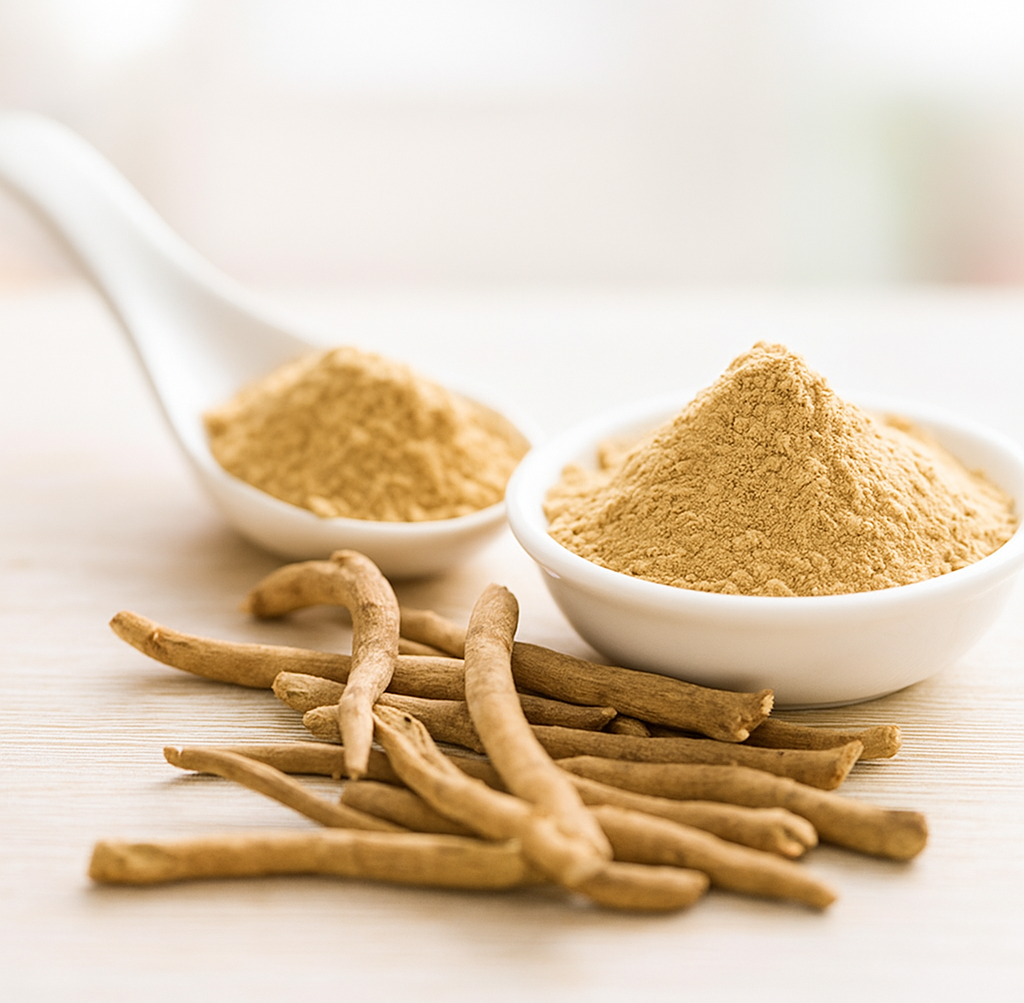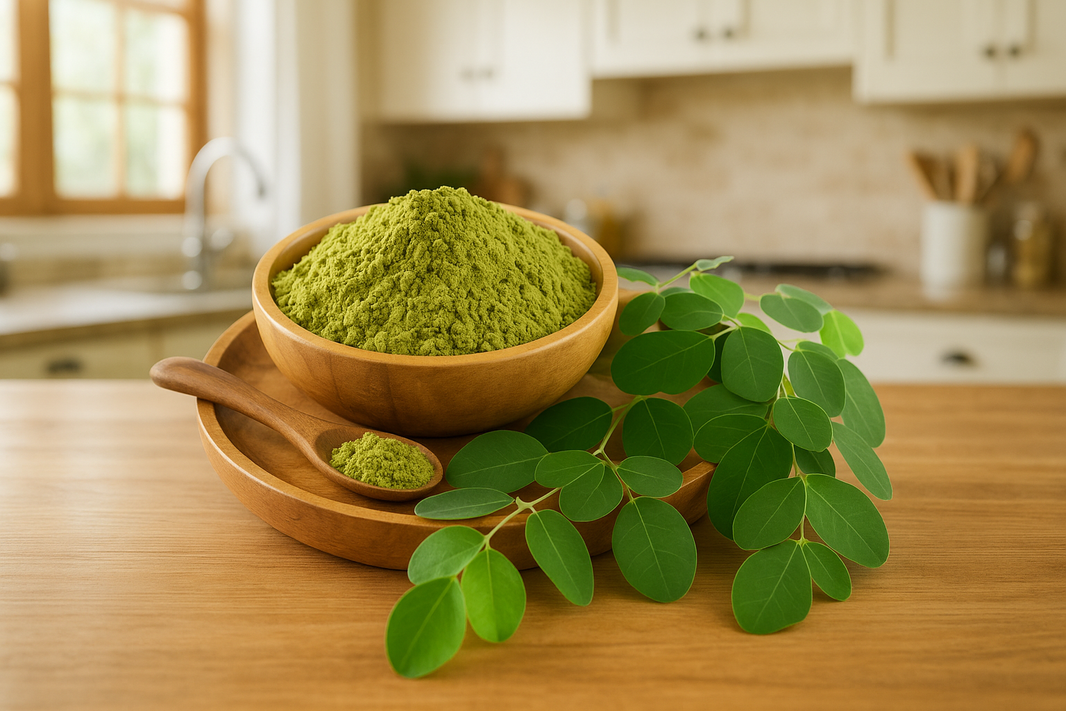When it comes to muscle recovery, gut health, and immune function, glutamine stands out as one of the most important amino acids in the body. As the most abundant free amino acid, glutamine plays a vital role in numerous physiological processes, making it a must-have supplement for athletes, fitness enthusiasts, and anyone looking to optimize their health.
What is Glutamine?
Glutamine is a conditionally essential amino acid, meaning that while the body can produce it, certain conditions like intense exercise, illness, or stress can increase demand beyond what the body can generate. This is why supplementation is often recommended for individuals who engage in rigorous training or those recovering from illness.
Benefits of Glutamine Supplementation.
1. Enhances Muscle Recovery & Reduces Soreness
During intense physical activity, glutamine levels in the muscles deplete significantly. This can lead to muscle fatigue, soreness, and prolonged recovery times. Supplementing with glutamine helps replenish these levels, reducing muscle breakdown and promoting faster recovery. Research suggests that glutamine supplementation can help decrease muscle damage and enhance glycogen resynthesis after exercise.
2. Boosts Immune Function
Strenuous exercise and high-stress conditions can weaken the immune system, leaving the body more vulnerable to infections. Glutamine serves as a critical fuel source for immune cells, helping to maintain immune function and resilience. Studies show that athletes supplementing with glutamine experience fewer infections and illnesses compared to those who do not.
3. Supports Gut Health & Digestion
The gut lining relies on glutamine as a primary fuel source for intestinal cells. This makes it essential for maintaining a strong and healthy gut barrier. Individuals with leaky gut syndrome, irritable bowel syndrome (IBS), or other digestive disorders may benefit from glutamine supplementation to promote gut healing and reduce inflammation.
4. Reduces Muscle Wasting & Supports Overall Health
For individuals undergoing medical treatments, experiencing prolonged bed rest, or dealing with catabolic conditions, glutamine supplementation can help prevent muscle wasting. It also plays a role in nitrogen balance, an important factor in maintaining lean muscle mass.
How to Use Glutamine for Best Results:
The recommended dosage of glutamine varies based on individual goals and activity levels. Most research suggests taking 5-10 grams per day, preferably post-workout or before bed for optimal recovery and muscle repair. For gut health benefits, glutamine is often taken in divided doses throughout the day.
Glutamine can be easily mixed with water, juice, or your favorite protein shake. Since it is naturally found in foods like beef, eggs, dairy, and seafood, supplementing with a high-quality glutamine powder ensures consistent intake, especially for those with increased demands.
Is Glutamine Right for You?
Glutamine is a safe and well-tolerated supplement with minimal side effects. It is particularly beneficial for:
-
Athletes and gym-goers looking to enhance recovery and reduce soreness.
-
Individuals with weakened immune systems or high-stress lifestyles.
-
Those experiencing digestive discomfort or gut health issues.
-
Anyone aiming to preserve muscle mass during periods of inactivity.
Final Thoughts
Glutamine is more than just a supplement for bodybuilders—it’s a powerhouse amino acid with benefits that extend far beyond muscle recovery. Whether you’re an athlete, someone dealing with gut issues, or simply looking to boost your immune system, adding glutamine to your regimen could make a significant impact on your health and performance.
For a premium-grade glutamine supplement, check out Nutrition Labz Glutamine Raw and take your recovery to the next level.
Shop Nutrition Labz Glutamine Now
Resources:
-
Gleeson, M. (2008). "Dosing and Efficacy of Glutamine Supplementation in Human Health and Exercise Performance." Sports Medicine, 38(4), 225-234. https://pubmed.ncbi.nlm.nih.gov/18806122/
-
Cruzat, V., Macedo Rogero, M., Keane, K., Curi, R., & Newsholme, P. (2018). "Glutamine: Metabolism and Immune Function, Supplementation and Clinical Translation." Nutrients, 10(11), 1564. https://pmc.ncbi.nlm.nih.gov/articles/PMC6266414/
-
Wang, B., Wu, G., Zhou, Z., et al. (2008). "Glutamine and Intestinal Barrier Function." Amino Acids, 33(2), 233-240. https://pubmed.ncbi.nlm.nih.gov/24965526/








